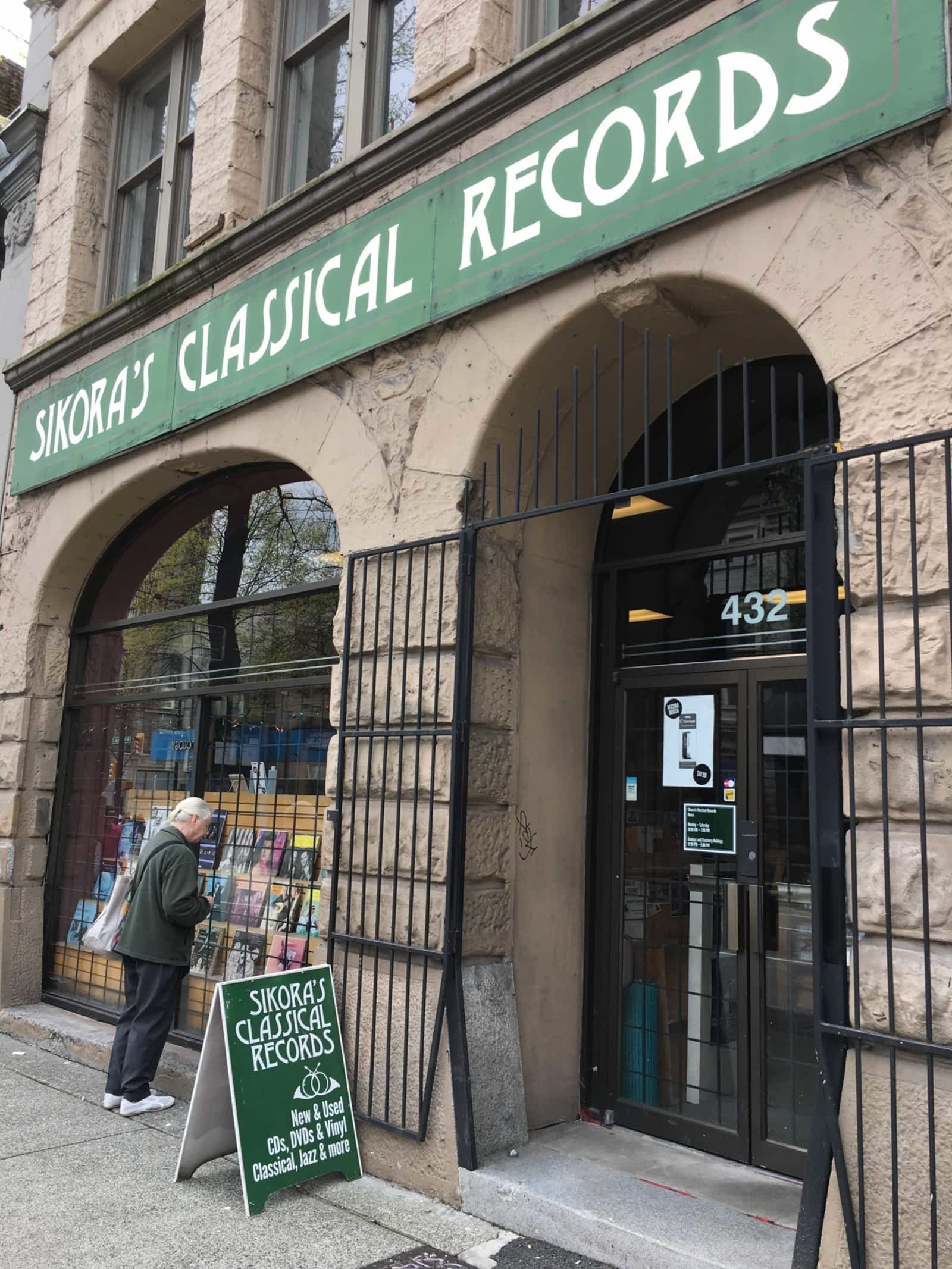Last classical record store in the west shuts down
mainSikora’s Classical Records in Vancouver has been defeated by Amazon and Spotify.
Read here.


Sikora’s Classical Records in Vancouver has been defeated by Amazon and Spotify.
Read here.

The Zero Project, a global disabilities charity, yesterday…

The orchestra has rolled out Gustavi Dudamel’s final…

There’s no reason to read anything political into…

The German violinist who has declared a boycott…

Session expired
Please log in again. The login page will open in a new tab. After logging in you can close it and return to this page.
Comments